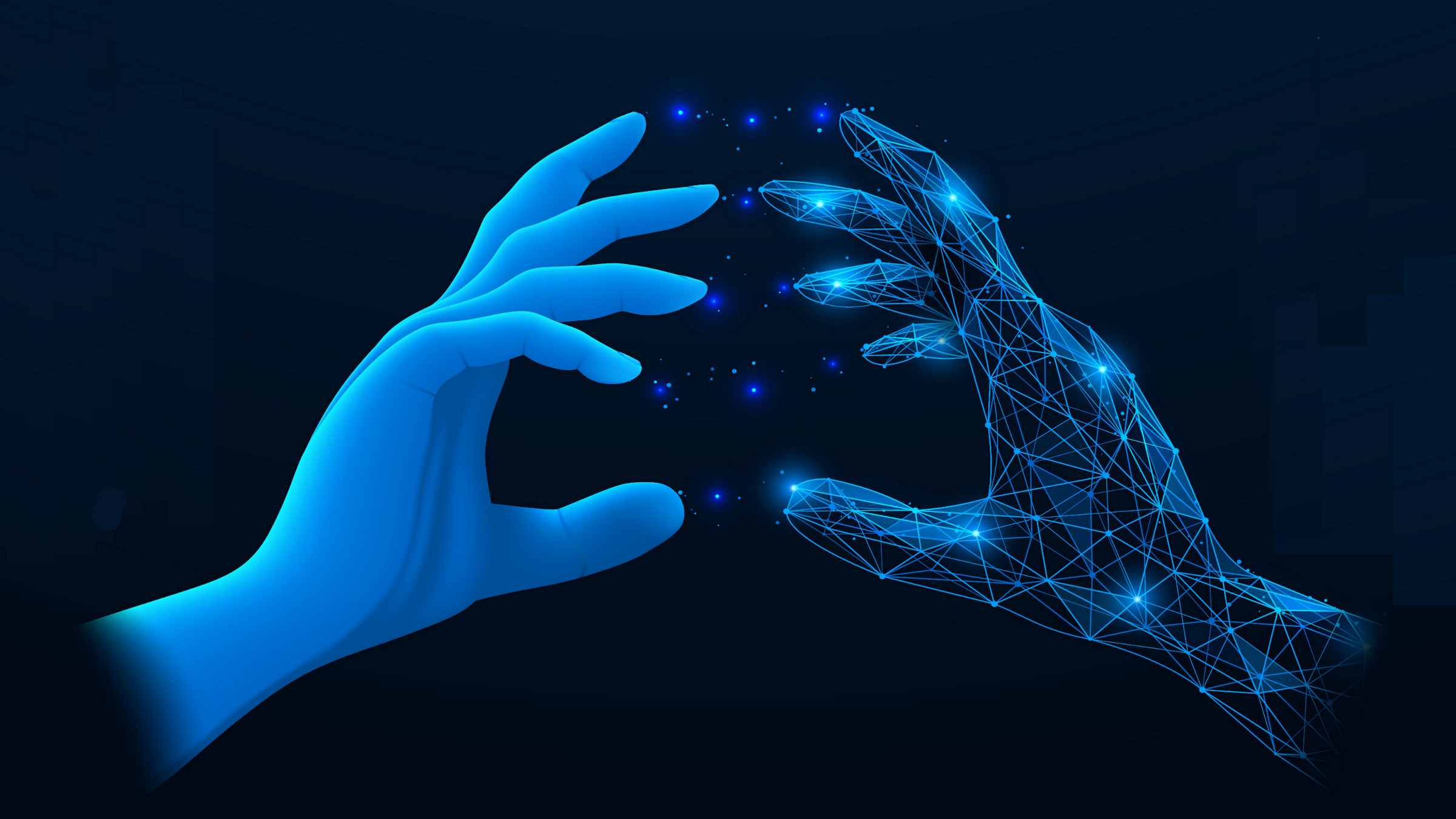
Much has been written about the promise of artificial intelligence (AI), which has made something of a comeback as business analytics began to take off. Now, a number of startups have cropped up to work on an AI algorithm technique known as deep learning, in which large, deep neural networks explore how to find the best results in words, text, images, and natural language processing.
"Deep learning is a set of tools and algorithms that can be applied to business analytics just like it can be applied to image recognition, so it would the cherry on top of the sundae,’’ explains Dave Schubmehl, research director, Content Analytics, Discovery, and Cognitive Systems, at International Data Corp. (IDC). Deep learning requires large amounts of computing power to handle these processes while traditional business analytics programs can run on laptops, he adds.
"Deep neural networks process information to uncover unknown patterns and relationships," says Sue Feldman, CEO of Synthexis, a cognitive computing consultancy. "In the new world of big data and cognitive computing, the most valuable data mining is the discovery of what we should have known, but didn’t think to ask for. This turns classic information retrieval on its head."
As an example, Feldman cites drugs that are known to have certain side-effects, but someone wants to find out which side-effects appear to be more common in which group of patients. "That’s based on being able to represent information in ways we didn’t before, and we can’t do that with traditional systems because of the idea of strengths of relationships."
In order to get at that information, we need better kinds of representations and systems in order to bring to the surface the relationships for causations, side-effects, and for predicting the likelihood of something happening, Feldman says. "These are new ways of surfacing information we didn’t know enough to ask for that we are now not just asking questions [about], but we’re saying, ‘what do we need to know tomorrow that I need to know to run this company?’ and ‘what are threats, what are trends? Can we train a system so it learns and extracts patterns we didn’t know existed already?’"
Unlike machine learning, which is the ability of a system to learn new facts, generally with guidance from a scientist training the system and providing some level of data, deep learning uses algorithms and techniques that require no supervision, says Schubmehl. "The system learns on its own with no help … usually driven by different types of neural networks."
Facebook recently announced it was making some of its code for running complex, deep learning algorithms available to anyone on its Torch open source library, a move that Schubmehl called "pretty significant." The company claims the software will help users build bigger and faster deep learning services.
Among the startups hoping to use deep learning to achieve better results is Enlitic, which is working with research hospitals and medical imaging, particularly in the cancer space, says founder and CEO Jeremy Howard. "Already we’re starting to see state-of-the-art results in cancer classification in whether a tumor is malignant or not and detection,’’ he says. The technology will eventually be integrated into other products hospitals use, such as magnetic resonance imaging (MRI) machines and computed tomography (CT) scanners.
Deep learning, says Howard, "is particularly interesting, because there are no known constraints or limits in terms of what we believe deep learning can learn. So far, the more data we throw at deep learning algorithms and the more computations we give, the more learning" occurs.
The two characteristics of a deep learning algorithm are the ability to compute any given relationship regardless of complexity, and the learning ability scales with the amount of data and computation time provided, Howard says.
Another deep learning startup, MetaMind, has blended deep learning with natural language processing to develop a method called recursive neural networks. Cofounder and chief technology officer Richard Socher says one of the projects his firm is working on is a Question Answering app to mine information from documents or answer customer questions. "It’s basically a different language processing application,’’ he explains. MetaMind is focusing on natural language processing "because it’s the most interesting manifestation of intelligence humans have. Humans also understand visual input … but nothing of this complexity."
Schubmehl thinks this year will see the launch of more deep learning products that companies will use more frequently to find new types of information. "I think more companies will develop solutions based on deep learning, and we’ll see smarter systems coming from Google and Facebook and other places that will hopefully do a better job at helping us find the things we want to find, or locate people or make the right kinds of recommendations for people to buy products."
Esther Shein is a freelance technology and business writer based in the Boston area.




Join the Discussion (0)
Become a Member or Sign In to Post a Comment